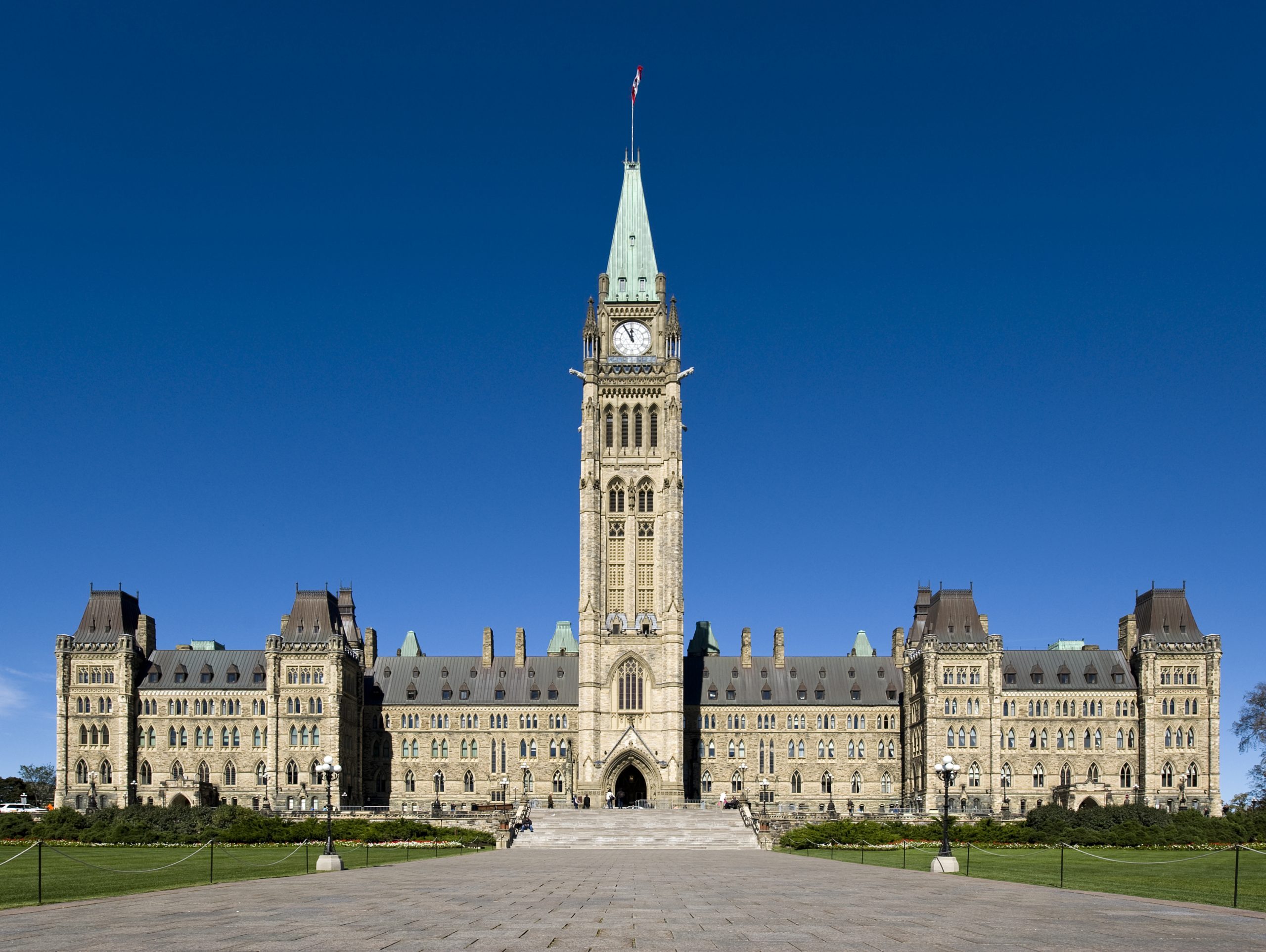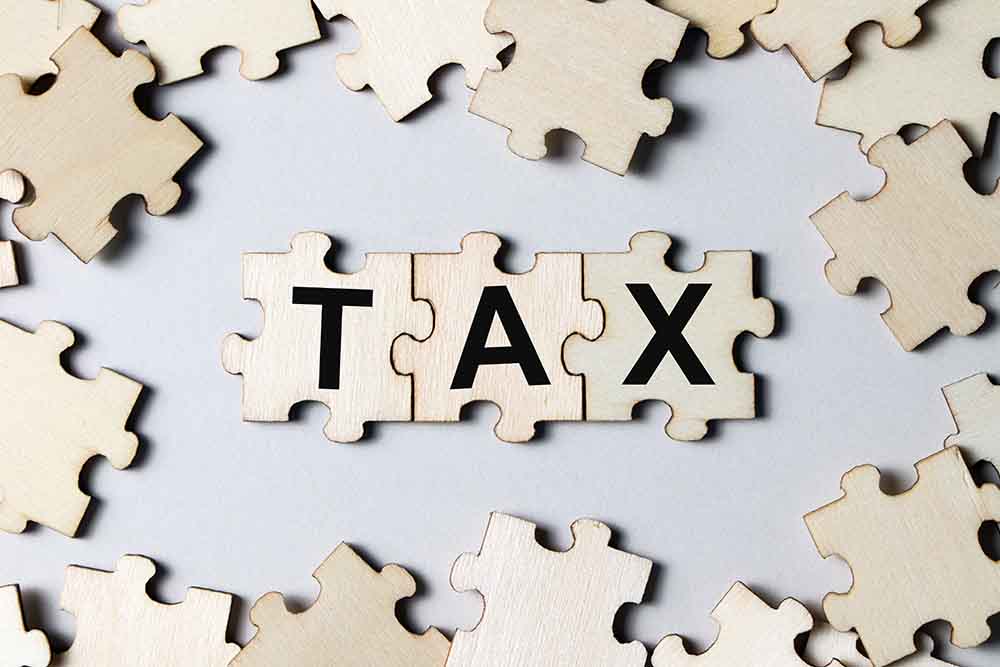The Frontier Centre for Public Policy today released a report calling for a new arrangement – a Fiscal Constitution – between governments and their citizens that would change the rules of politics toward politicians emphasizing value for money instead of expenditure increases.
A Fiscal Constitution, writes David Seymour in Leveling the Spending Field: Evolving Government for High Quality Spending, would reduce the effort required of voters to control expenditure and inure them against better organized political interest groups.
Without public policy that rewards the best use of the current glut of public funds from a booming Prairie economy, Seymour writes, there is a danger that the opportunity to convert the current wealth into lasting prosperity will be lost. Seymour is the Centre’s Saskatchewan Policy Analyst.
“The Prairie region” Seymour said, “is going through a time of great economic prosperity. But we need sound public policy to control spending if it is going to last.”
A Fiscal Constitution, Seymour said, would havea significant effect on politics. “Because expenditures would require the explicit consent of all voters, real per capita increases in expenditure would be examined more closely before being implemented.”
Economically, he added, a Fiscal Constitution would improve the productivity of government “because the incentive for politicians would shift from promising to spend more toward promising to arrange government services for increased productivity.”
As well, he said, a Fiscal Constitution would leave more money in the hands of taxpayers. “Had the Fiscal Constitution been implemented in 1997, government expenditure would be the same now (inflation and population adjusted) as it was then. The additional growth in government expenditure would not have happened; the average person would have been $3,060 better off in Alberta, $3,070 better off in Saskatchewan and $1,880 better off in Manitoba.”
View Study in PDF Format (26 pages) –


